SEA BIRDS |
>
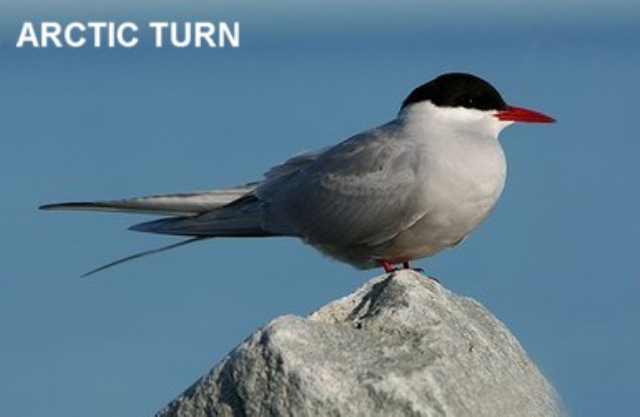
Sterna paradisaea
Habitat:Coastal areas.
Diet:Mainly fish.
|
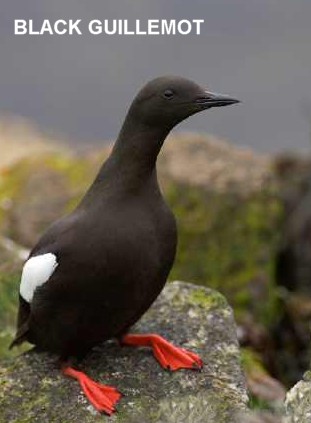
Cepphus grylle
Habitat:Breeds on rocky coasts. Winters at sea.
Diet:Fish and crustaceans.
|
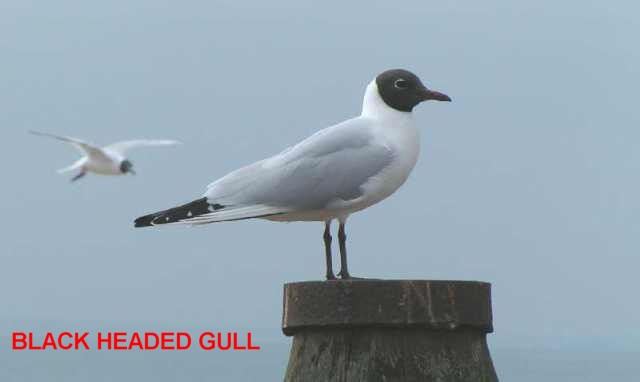
Larus ridibundus
Habitat:Breeds on coastal and inland marshes, moorland and gravel pits. Winters on estuaries, lakes, reservoirs, coasts and rubbish tips.
Diet:Worms, insects, fish and carrion.
|
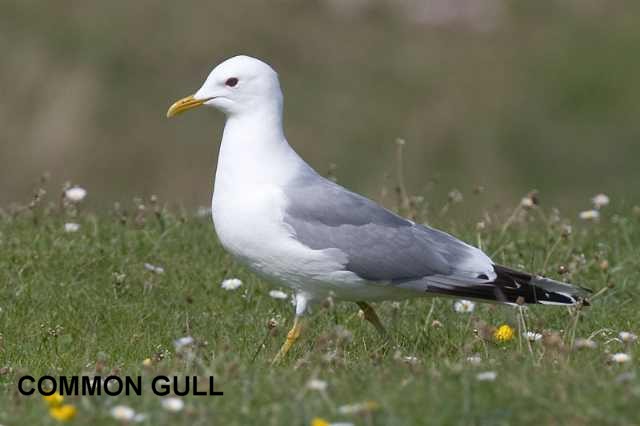
Larus canus
Habitat:Breeds on moorland and lochs. Winters on estuaries, lakes, reservoirs and coasts.
Diet:Worms, insects, fish, carrion and rubbish.
|
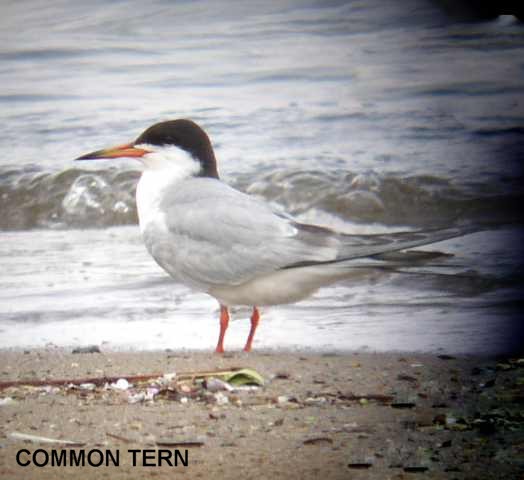
Sterna hirundo
Habitat:Breeds along coasts with shingle beaches and rocky islands, on rivers with shingle bars, and at inland gravel pits and reservoirs, feeding
along rivers and over freshwater
Diet:Fish
|
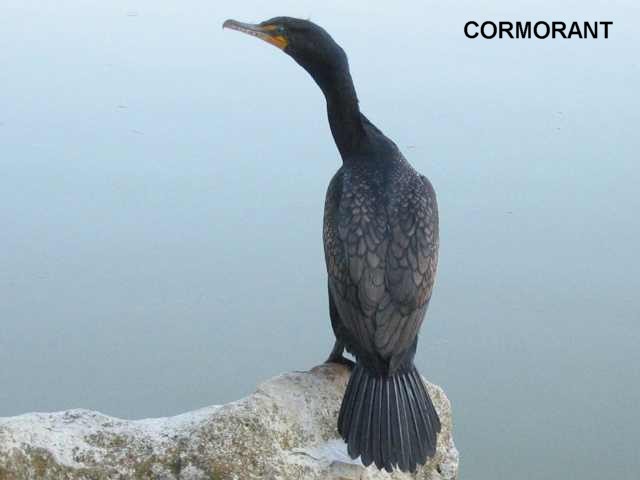
Phalacrocorax carbo
Habitat:Found on coasts and estuaries, and also inland lakes and rivers. Coastal birds breed on cliffs, while inland colonies nest in waterside trees.
Diet:Fish
|
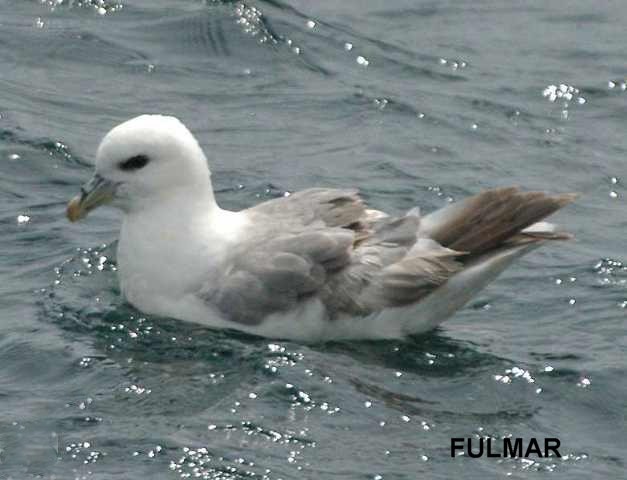
Fulmarus glacialis
Habitat:Always offshore, except when breeding. Found near all suitable cliffs. Best looked for at seabird colonies
Diet:Fish waste and crustaceans.
|
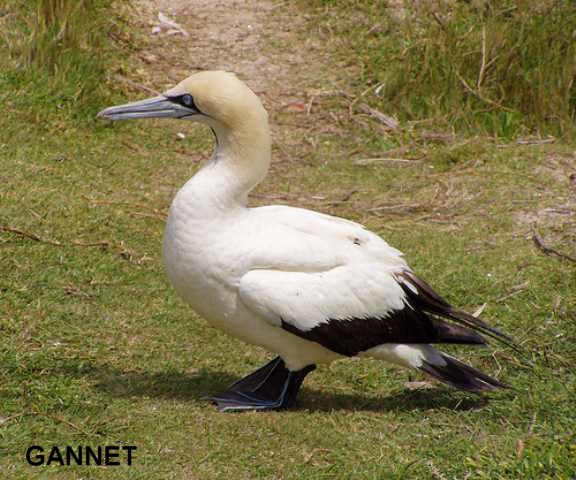
Morus bassanus
Habitat:Can be seen offshore almost anywhere, especially in when they migrate south in August and September.
Diet:Fish.
|
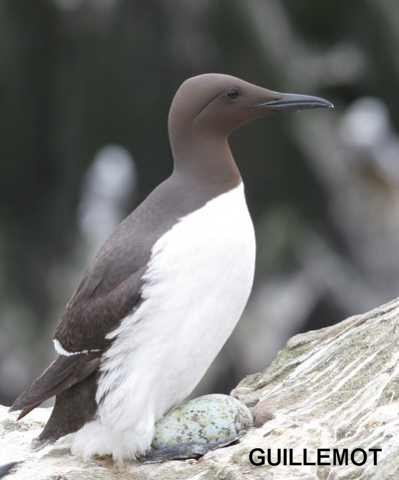
Uria aalge
Habitat:In winter it is widespread around UK coasts but usually well offshore. Nests on high cliff in summer.
Diet:Fish and crustaceans
|
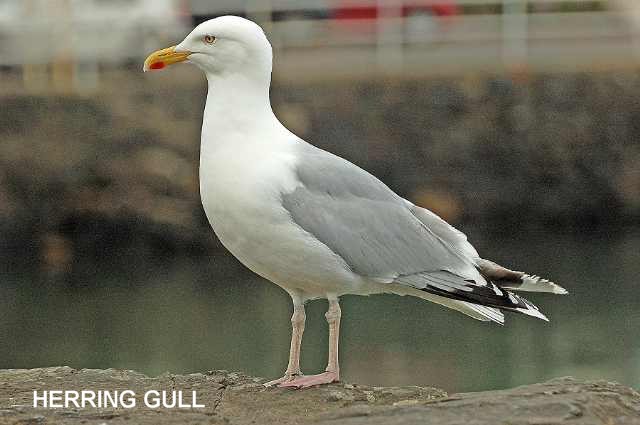
Larus argentatus
Habitat:Rubbish tips, playing fields and reservoir roosts.
Diet:Ominivorous - a scavenger.
|
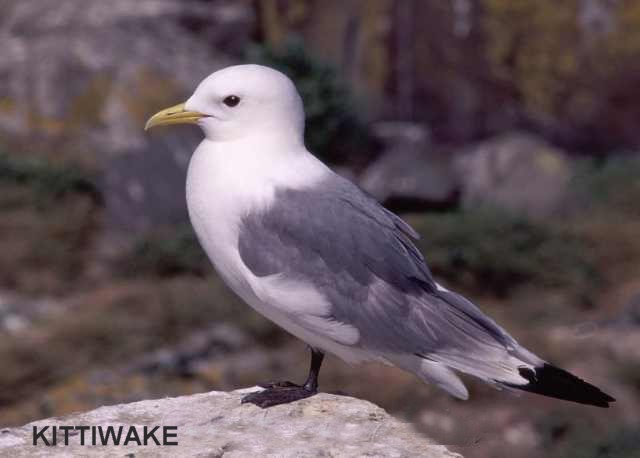
Rissa tridactyla
Habitat:A strictly coastal gull, nests on high cliffs and winters out at sea.
Diet:Fish, shrimps and worms.
|
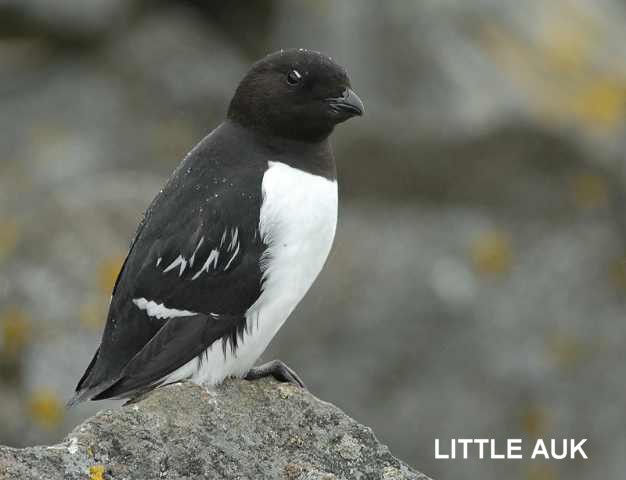
Alle alle
Habitat:Winters at sea but may get blown inshore in bad weather.
Diet:Plankton, other tiny marine creatures and fish.
|
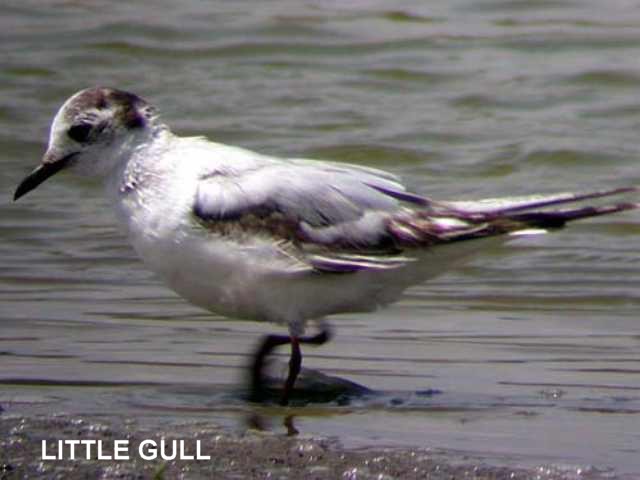
Larus minutus
Habitat:The species breeds inland on shallow freshwater and brackish lakes, river basins, marshes and bogs, occasionally also at coastal lagoons.
Diet:Insects.
|
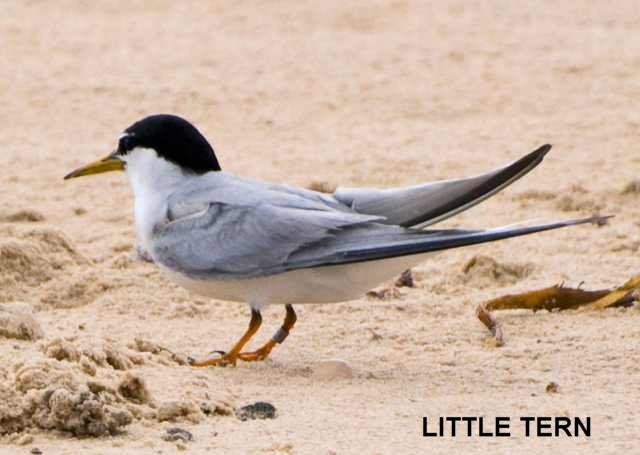
Sterna albifrons
Habitat:Coastal, breeding on shingle beaches where prone to disturbance.
Diet:Fish
|
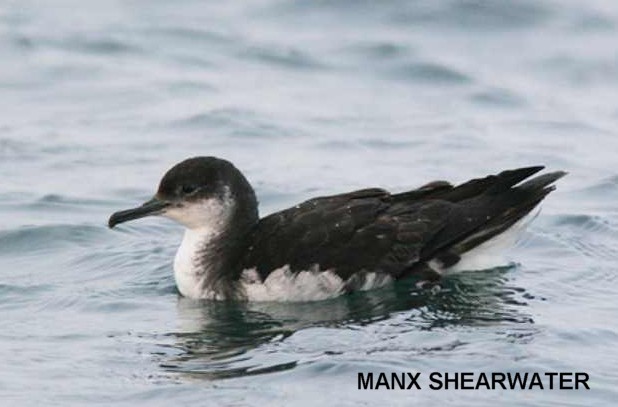
Puffinus puffinus
Habitat:Breeds on remote grassy headlands and islands; otherwise oceanic.
Diet:Fish, especially herrings, sardines and sprats.
|
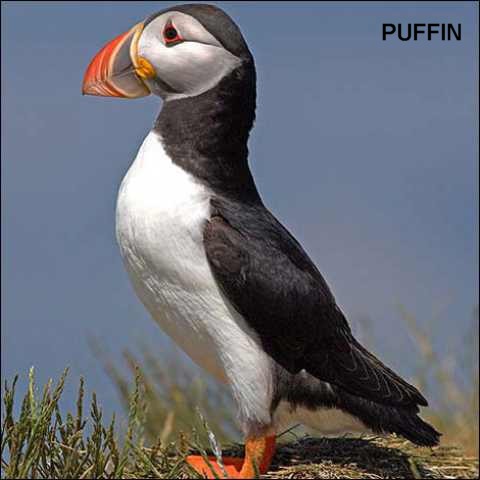
Fratercula arctica
Habitat:Puffins nest in large colonies on seaside and island cliffs, usually laying only one egg, in a burrow dug one or two metres.
Diet:Fish, especially sandeels.
|
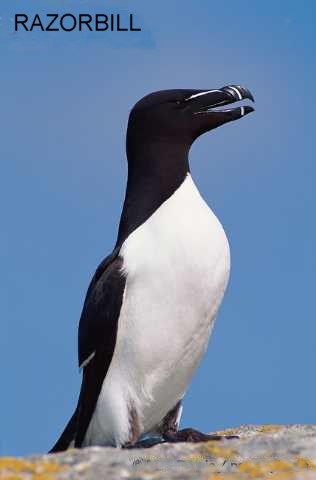
Alca torda
Habitat:Rocky cliffs and among boulder scree close to the sea. Winters at sea.
Diet:Fish, especially sandeels, sprats and herrings.
|
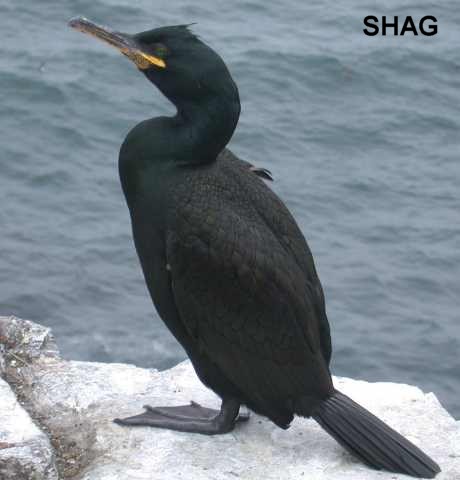
Phalacrocorax aristotelis
Habitat:Mainly rocky coasts and harbours. Rare on inland waters.
Diet:Fish and occasionally crustacea and molluscs.
|

